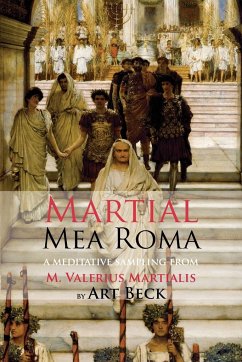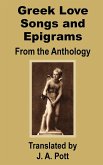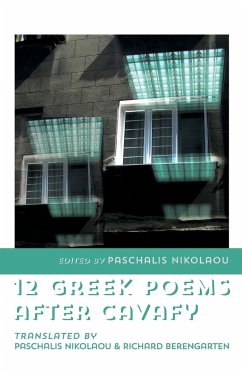"My project started with a 'dissenting' translation of Martial's Book of the Spectacles. I use that term, not because I'm adapting or appropriating the text, but because the Spectacles sequence has a history of being dismissed as sub-par, early work commemorating the opening of the Colosseum. Current scholars, including Kathleen Coleman, who's made the sequence somewhat of a specialty, increasingly seem to be challenging that dismissive view. Coleman also considers the dating purely speculative. I'm not attempting to join a technical and arcane historical debate. But strictly from a literary standpoint, her views on the dating free a poetic translator to exploit the same irony, double-entendre and polyvalence that imbues the greater Martial canon. The Spectacles' extended theme - the animal fights, blood sports and execution entertainments of the Arena - is, as far as I know, unique in Classical poetry. Even the over-the-top adulation of the un-named, games-presiding 'Caesar' can take on its own cynical undertone when read in the context of Martial's 'hare and lion' relationship with the self-styled Dominus et Deus Emperor Domitian." (Art Beck)
Hinweis: Dieser Artikel kann nur an eine deutsche Lieferadresse ausgeliefert werden.
Hinweis: Dieser Artikel kann nur an eine deutsche Lieferadresse ausgeliefert werden.








